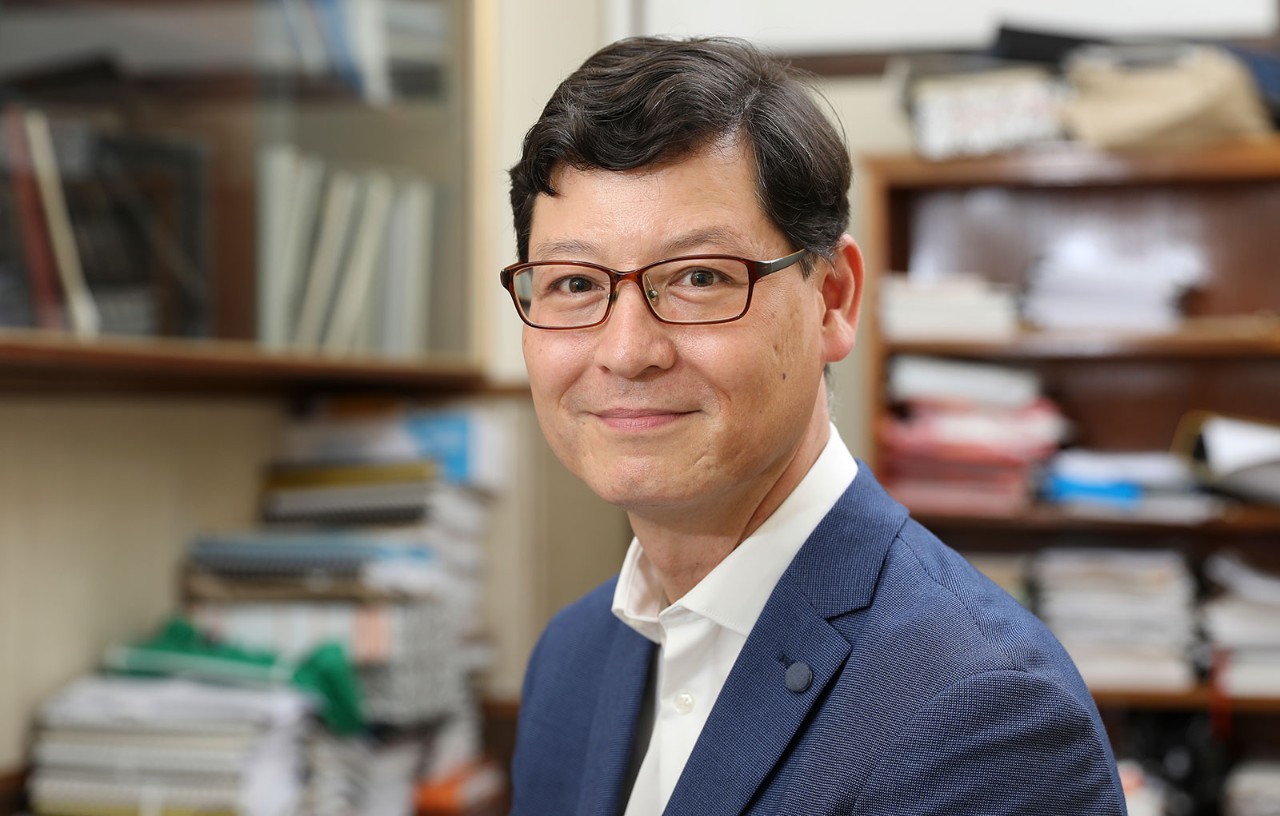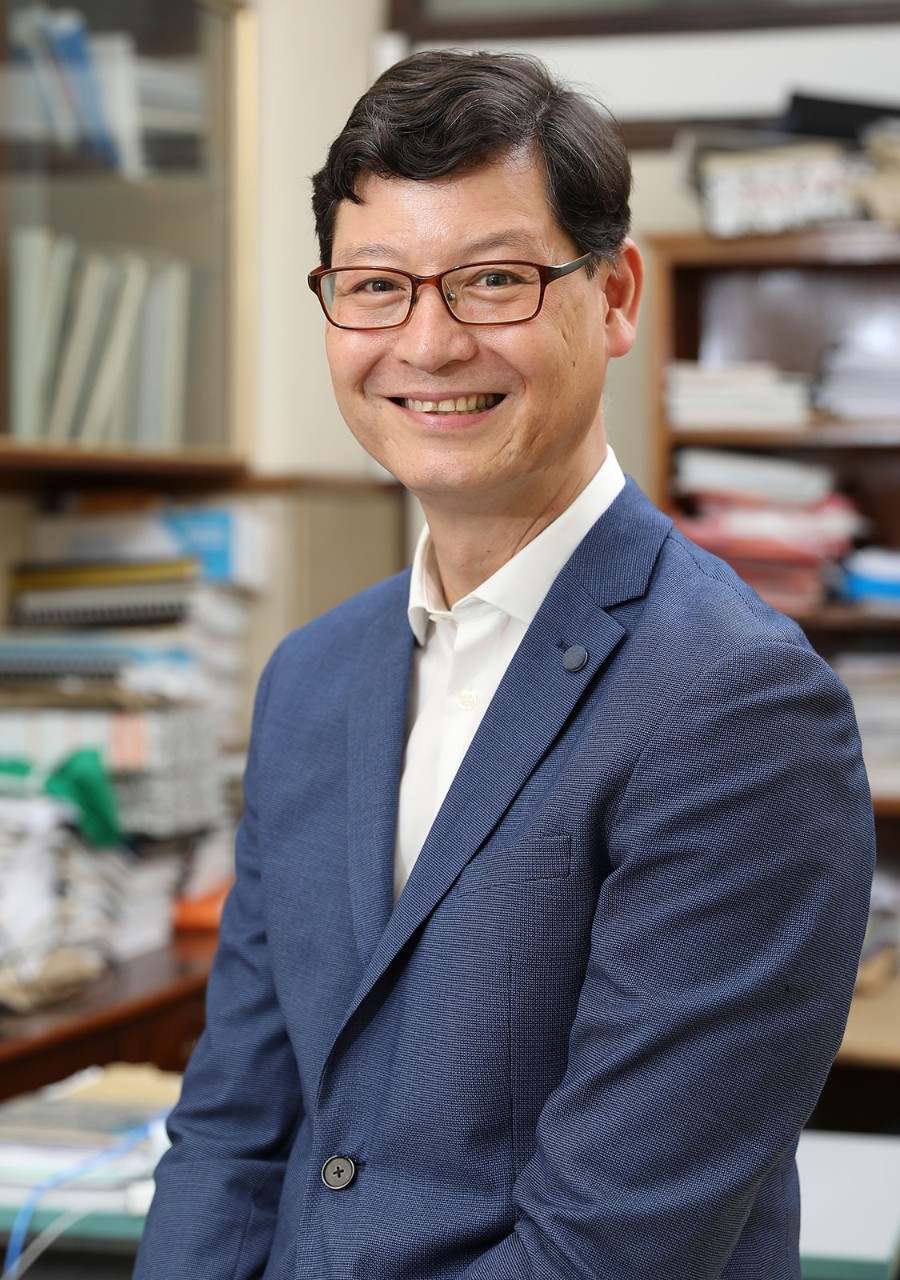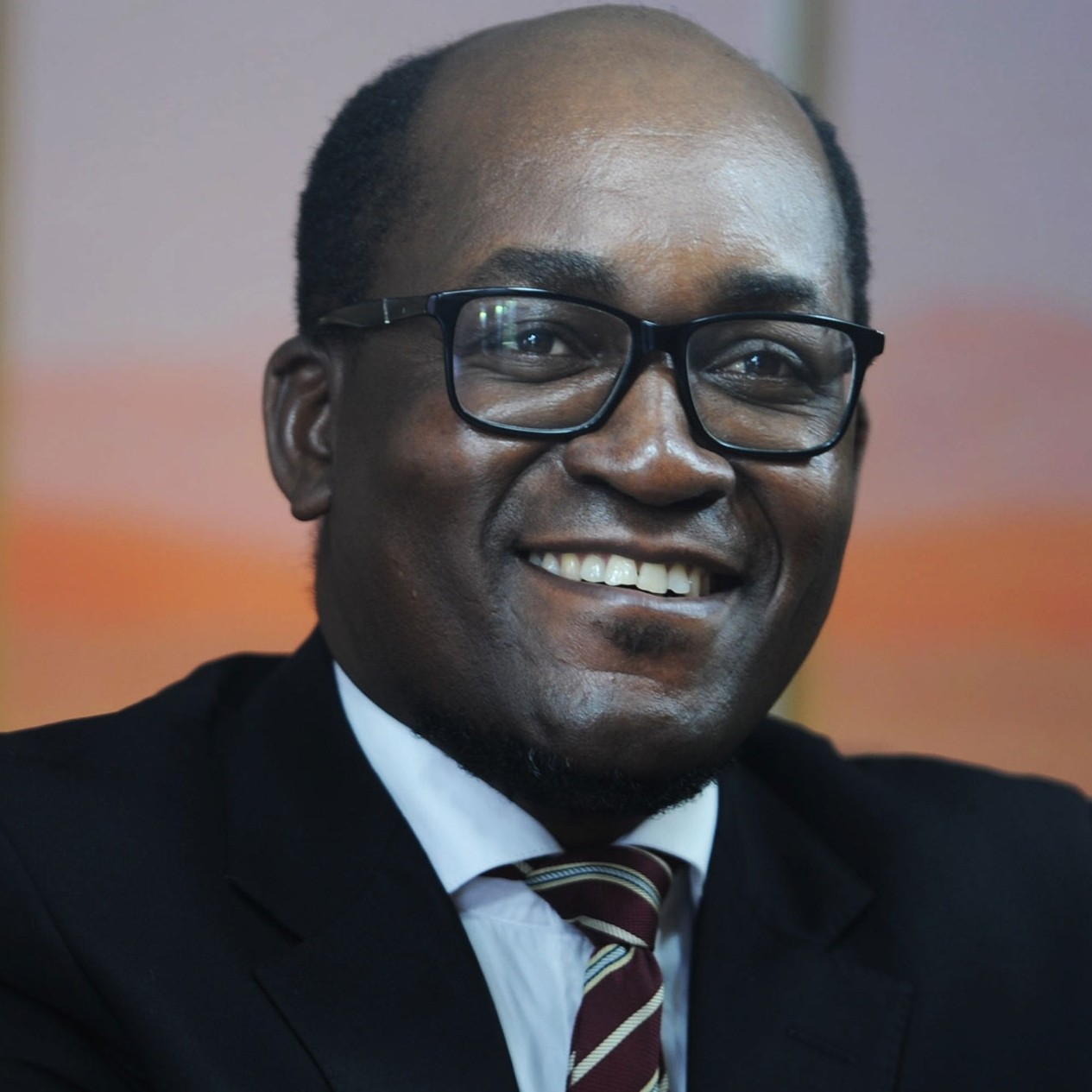
Matthew Lamport FCCA could have been an auditor at a big accounting firm in his native Mauritius. Instead, he chose to pursue an academic career at the island nation’s top higher education institution, the University of Mauritius, where he has taught for the past 18 years.
A senior lecturer in the university’s finance and accounting department, he also regularly engages with public and private sectors on accounting-related issues. Since August 2020 he has been working on a review of the national corporate governance scorecard that provides a template for Mauritius companies to measure their governance performance.
Out of the ivory tower
In addition, Lamport has been closely involved in strengthening the Indian Ocean island nation’s AML/CFT regime. He contributed to the national risk assessment exercise which revealed the money laundering risks Mauritius was exposed to and has also conducted AML/CFT outreach programmes to assist operators and stakeholders in understanding their new reporting obligations under the Financial Intelligence Money Laundering Act, which was substantially amended in 2019.
The blacklisting of Mauritius by the European Union in May 2020 was a significant blow to the financial services sector, given its hefty contribution of 12% to the GDP of Mauritius. Lamport is confident that the amended legislation, which gives the force of law in Mauritius to all the anti-money laundering recommendations of the international Financial Action Task Force (FATF), will secure the removal of the country not only from the EU blacklist, but also the FATF’s ‘grey list’ of jurisdictions with ‘strategic deficiencies’.
Serving on a dedicated working group to bring in the reforms, Lamport ‘worked around the clock, identifying shortcomings in the existing laws as far as risks of money laundering are concerned’. The recently amended Financial Intelligence Money Laundering Act assigns more responsibilities to accountants, lawyers, jewellery traders, and the gambling and real estate sectors to report suspicious transactions and conduct know-your-customer checks. By eliminating what Lamport says were ‘inherent weaknesses’ within the Mauritius anti-money laundering system, the law gives a huge boost to the country’s financial health.
Lamport says: ‘Mauritius was listed due to its ineffectiveness in implementing its regulatory regime. The regulators and the ministry are closely monitoring the situation, promoting compliance and demonstrating that there are real consequences for failure to adhere to relevant laws. We are on the right track to show that Mauritius remains a clean jurisdiction.’
It’s a great example of how accountants and accounting academics can make a major difference when they engage enthusiastically in civil society and government.
Lamport has long been a civic-minded academic. Since 2005 he has been the university’s representative on the country’s Financial Reporting Council, which promotes good practice in corporate reporting and governance, develops Mauritius financial reporting and auditing standards, monitors compliance with accounting and auditing standards, and licenses auditors.
Mauritius corporate governance scorecard 2.0
Mauritius introduced a scorecard system to evaluate company corporate governance as part of its national code of corporate governance, launched in 2016. Since then, Lamport has been a driving force in making this corporate self-evaluation tool more practical. He expects it to become ‘an important rating tool for both private and public entities’.
While the project has been impeded by Covid-19, it has not stalled, and a revised scorecard should be released by mid-2021. ‘We have completed 50% of the work involved,’ Lamport says.
Once the new model has been approved by a working group representing the scorecard committee, the Financial Reporting Council, the University of Mauritius and professional services firm PwC, it will go to the country’s businesses, accountants and auditors for comment and consultation. One issue still to be settled is whether scorecard assessments will be mandatory for Mauritius companies. Lamport believes they should be voluntary

CV
2009 to date
Senior lecturer, department of finance and accounting, University of Mauritius, head of department 2009–11 and 2015–17
August 2020 to date
Member, National Committee on Corporate Governance
2005 to date
Member, Financial Reporting Council, Mauritius
2002–08
Assistant lecturer, subsequently lecturer, department of finance and accounting, University of Mauritius
1998–2002
Lecturer, Swami Dayanand Institute of Management, Mauritius
‘It’s very important for lecturers not to restrict themselves to a purely academic or research setting,’ Lamport says. ‘We need to share our knowledge with stakeholders and regulators. That’s what I have been trying to do.’
Certainly, he is blazing a trail personally. Given his primary teaching role, his presence on government committees and involvement in corporate governance and financial reporting at private-sector and government levels is unusual.
His work is fuelled by a desire to be both an accounting specialist and a business expert, an ambition which he says was furthered by ACCA’s holistic training for his qualification.
‘When I applied to the University of Mauritius for an undergraduate course, I had a choice of two programmes: a BSc in accounting or a BSc in management. I opted for management, a choice that surprised those aware of my ambition to become an accountant.’
But even then, he understood that an array of skills would be needed to make a student or trainee attractive to employers. His degree gave him a solid grounding for his ACCA training – undertaken as a distance learning course via UK-based Emile Woolf International, which he began in 1992. The interactive and immersive techniques much in use today were not available back then, and he had to rely on studying accounting textbooks.
High levels of unemployment in Mauritius when he emerged with his ACCA Qualification in 1997 left him struggling to find professional work. He was eventually hired as an educator in 1998 at Swami Dayanand Institute of Management, where he taught management, banking and accounting for almost four years. He subsequently joined the University of Mauritius as a lecturer, being promoted as senior lecturer in 2009 following the publication of research papers in recognised academic journals, such as the Journal of Academy of Business and Economics.
His research topics, like his teaching, reflect his diverse interests – in whistleblowing in the accounting profession, the impact of the European Union liberalisation of the sugar market (still an important sector in Mauritius), and the effect of infrastructure investment on tourism.
This work helped him win appointment to the board of Thomas Cook (Mauritius) Operations, where he currently acts as an independent director and also chairs the entity’s audit committee.
He says: ‘As chairman of the audit committee, I act as a third line of defence after executive management and the internal auditors. I have a critical view on the financial reporting and disclosures of the company.’
By reaching so regularly and effectively outside of his own sector, Lamport has made his accounting expertise count for the benefit of business and his country. It’s a course of action that he hopes professional accountants at large will emulate.




